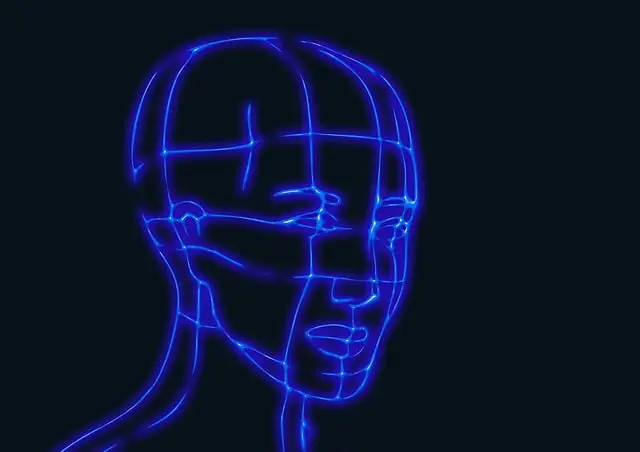Kratom's medicinal benefits for recovery mask a lesser-known side effect: hair loss caused by hormonal disruption. Its alkaloids interact with opioid receptors, affecting hair growth hormones, stimulating androgen production and dehydration, leading to increased hair shedding. Mitogenic properties may also contribute. Management involves holistic strategies post-discontinuation, emphasizing scalp health and balanced nutrition. Understanding "why does kratom cause hair loss" is key for effective mitigation and long-term hair care.
“Uncover the intriguing relationship between kratom and hair health. This article explores how this natural substance, popular for its recovery benefits, can paradoxically impact hair loss. We delve into the science behind kratom’s effects on the body, specifically examining its connection to hair follicles. Additionally, we provide effective recovery strategies for those seeking to restore their hair after kratom usage, addressing the question: why does kratom cause hair loss? Get ready to navigate this surprising aspect of kratom’s profile.”
- Understanding Kratom's Impact on Hair Health
- The Science Behind Kratom and Hair Loss
- Recovery Strategies After Kratom Usage
Understanding Kratom's Impact on Hair Health

Kratom, a natural herb with diverse medicinal properties, has gained popularity for its potential to aid in recovery and alleviate withdrawal symptoms. While it offers numerous benefits, one lesser-discussed aspect is its impact on hair health. Contrary to popular belief, regular kratom use can contribute to hair loss, leaving many users surprised.
The reason behind this phenomenon lies in the herb’s interaction with the body’s chemistry. Kratom stimulates the central nervous system and acts as a mu-opioid receptor agonist, which can disrupt the natural balance of hormones, including those involved in hair growth and development. As a result, some individuals may experience thinning hair or even accelerated hair loss during prolonged use. Understanding this potential side effect is crucial for users to be mindful of their overall well-being, especially regarding hair health, when incorporating kratom into their recovery routines.
The Science Behind Kratom and Hair Loss

Kratom, a natural herb derived from the mitragyna speciosa plant, has gained popularity for its potential therapeutic benefits. However, one less-discussed side effect is its impact on hair loss. The science behind why kratom can cause this issue lies in its chemical composition. Kratom contains alkaloids, including mitraginin and 7-hydroxymitragynine, which interact with opioid receptors in the body. While these compounds may provide pain relief and anxiety reduction, they can also disrupt the balance of hormones, particularly those involved in hair growth and loss cycles.
Studies suggest that kratom’s effects on hair follicles are multifaceted. It can stimulate androgen production, leading to a decrease in hair thickness and eventual shedding. Additionally, the herb’s diuretic properties may contribute to dehydration, which is another factor known to accelerate hair loss. Understanding the science behind why kratom causes hair loss is crucial for users who want to mitigate these effects while still reaping its potential benefits.
Recovery Strategies After Kratom Usage

Kratom, while known for its potential pain-relieving and mood-enhancing effects, can also have side effects, one of which is hair loss. Understanding why kratom causes hair loss is crucial for those considering its use or managing recovery. Research suggests that the mitogenic properties of certain kratom compounds may stimulate hair follicles, leading to increased shedding as the body adjusts to the substance’s metabolite breakdown.
After discontinuing kratom usage, adopting holistic recovery strategies can help mitigate hair loss and support overall well-being. Balanced nutrition, rich in proteins, vitamins, and minerals, is essential for hair health. Incorporating stress-reducing practices like meditation or yoga can also be beneficial, as chronic stress has been linked to hair loss. Additionally, consulting a healthcare professional for guidance on supplements that promote scalp health and hair growth can aid in the recovery process, addressing both kratom’s immediate side effects and long-term hair care.
Kratom, while offering potential benefits, can lead to hair loss due to its impact on androgen levels. Understanding how kratom interacts with our bodies is crucial for those looking to mitigate its side effects. By combining this knowledge with effective recovery strategies, such as a balanced diet and reduced kratom intake, individuals can promote healthy hair growth after prolonged use. Remember, addressing why does kratom cause hair loss is the first step towards a successful recovery journey.














